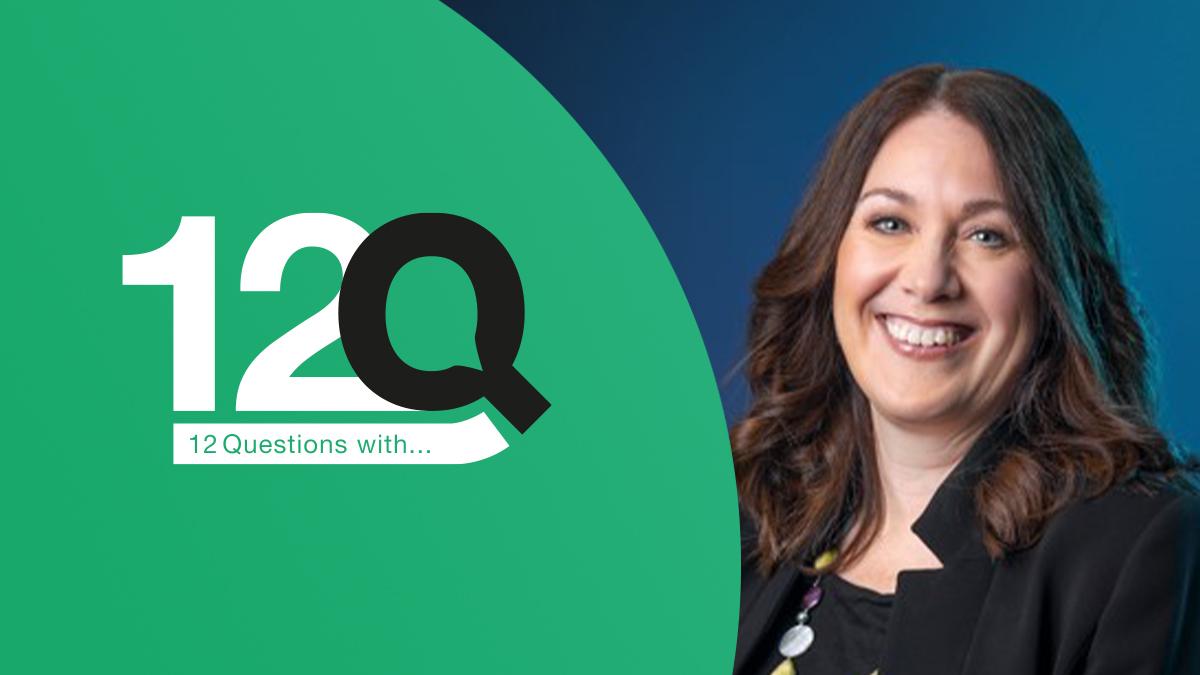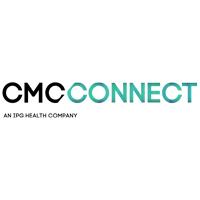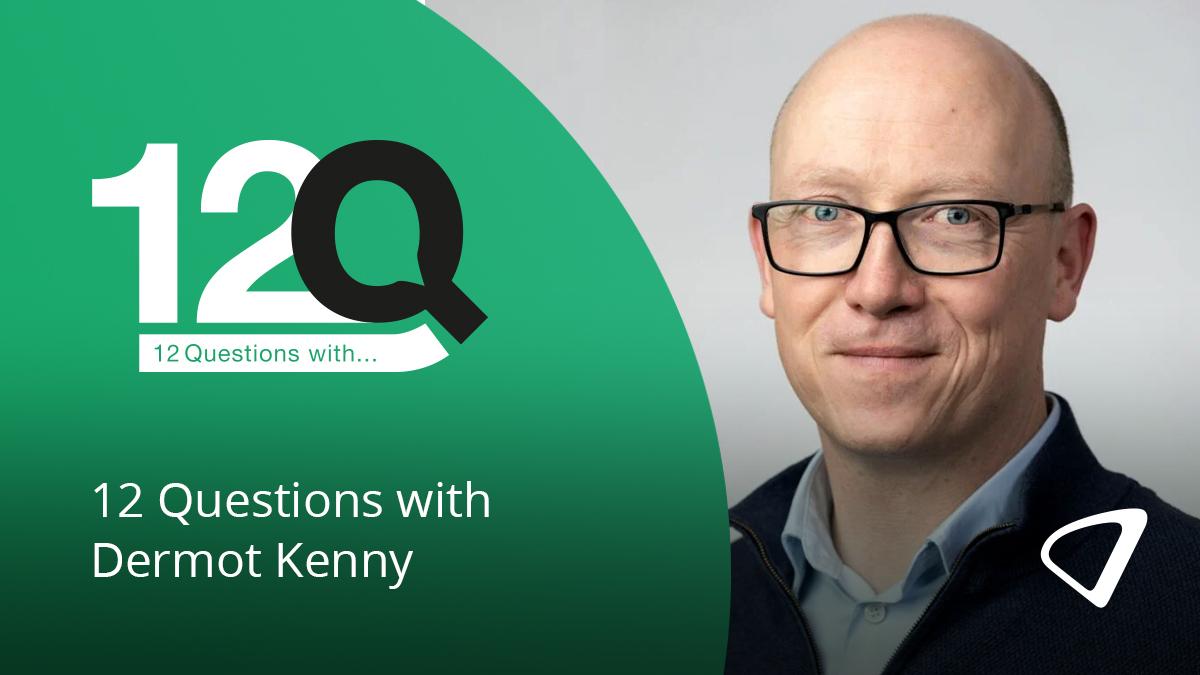12 Questions with Kirsten Parr

Kirsten Parr heads up CMC Connect, a division of IPG Health Medical Communications, and has over 25 years’ experience in the industry. She has a wealth of experience in medical affairs, but is particularly passionate about medical publications and is the IPG Health Medical Communications Product and Services Champion for publications. Based in the UK, she leads a global team, with offices in the UK, US, and Canada, and with remote workers in Europe and South Africa.
What was your background prior to this role and how did it prepare you for the work you do now? I have a passion for medical science and did a degree in Cell Biology and Immunology before training as a science teacher. I quickly realised that it wasn’t for me (physics is so difficult!), but I retained my passion for medicine and learned some really valuable lessons about how to communicate complex science to a lay audience, and how important it is to understand that audience and their needs. Distracted teenagers in a classroom are not that different to an auditorium of HCPs excited to be meeting up with colleagues they don’t see often!
What are the main responsibilities of your current role? As the lead of CMC Connect, I am responsible for ensuring that we have a successful, growing business that delights our global Medical Affairs clients, while providing opportunities for our people within a healthy and equitable working environment and embracing innovation in our delivery. In my role as Product and Services Champion for IPG Health Medical Communications, I am responsible for ensuring that we share best practice across our teams, innovate in the publications field, and advocate for the value of medical publications to both external and internal audiences.
What has changed most about the industry since the start of your career? Addressing this from a Medical Publications standpoint, it has been so rewarding to be part of an industry that has embraced the goal to improve standards in quality, ethics, and patient access. I have seen a shift from the accusation of ‘ghost writing’ and unethical practices being levied at the pharmaceutical industry to the current situation where our industry is committed to publishing all its data, often in open access journals, and where the use of a medical writer is seen an assurance of both quality and high compliance with Good Publication Practice. I think that ISMPP (International Society for Medical Publication Professionals) has played a huge part in this. It’s a society that I’m proud to be active in alongside many of our pharma clients.
What advice would you give to a young person starting out in your field? Understand your clients - don’t be afraid to ask questions or challenge. Ask for and accept help when you need it - this is a team game. Embrace change. Have fun!
How has the COVID-19 pandemic changed your work or your workplace culture? Prior to the pandemic, we were already set up for home-working, as we recognised its potential to help us hold onto talented team members as they progressed through different stages in their life that might require increased flexibility. But it was something that a minority of the team did. Since the pandemic, this has flipped, and we now have most of our team working remotely. It does bring some challenges; for example, we must think carefully about how to achieve the same standards of professional development for our people when they are not in the office to learn just by seeing and hearing others. We’re also finding that we need to work harder on team engagement. But there are definite benefits too: it has opened us up to a broader and more diverse recruitment pool, and I like that we may be playing a part in ‘levelling up’ by offering great careers to people across regions without the requirement to relocate.
What motivates you about working in pharma? The innovation, the opportunity to play a part in improving patient outcomes, and the really amazing team that I get to work with!
What excites you most about current industry trends? I love the trend towards increased access to data and scientific knowledge for all audiences. There is a very clear link between health literacy and patient outcomes/life expectancy, and I think that the pharma industry can be an important force for good in that area. For example, supporting open access publishing of their data, the development of Plain Language Summaries, and patient education all play a part in expanding health literacy.
What are your biggest short-term goals for this year and next year? To embrace the opportunity that AI offers us. It can enable us to achieve more at a faster rate and, if used well, to alleviate the burden on a traditionally resource-constrained industry. I want our team to take this step into the future in a positive way that delivers for our clients, while bringing new opportunities for our industry.
How do you foster diversity in your workplace? We are fortunate that the IPG Health Network has made a huge commitment to EDI and there are many ways for my team to engage with this, ranging from training - for example, on neurodiversity or equitable recruitment practices - through to monthly EDI newsletters that raise awareness of different cultures and beliefs and the introduction of apprenticeships. We’ve also been proud to collaborate with clients on EDI initiatives, such as improving diversity in clinical trial recruitment or promoting gender equality.
If you could change one thing about the pharma industry, what would it be? I’d make it not-for-profit.
Do you have any pets? What are their names and what are they like? Dotty: yellow labrador, an angel; Babs: chocolate labrador, not the brightest, but very beautiful; and Sir Picklesworth, the cat: a dude!
What’s the best film or TV show you’ve watched in the last year? By far and away, The Bear! Possibly the best TV I’ve ever watched. I find it moving and motivational in equal measure.
What sports do you follow and who do you root for? I’m Welsh, so of course it’s Rugby Union! Cymru am byth!
Connect with Kirsten Parr on LinkedIn.












